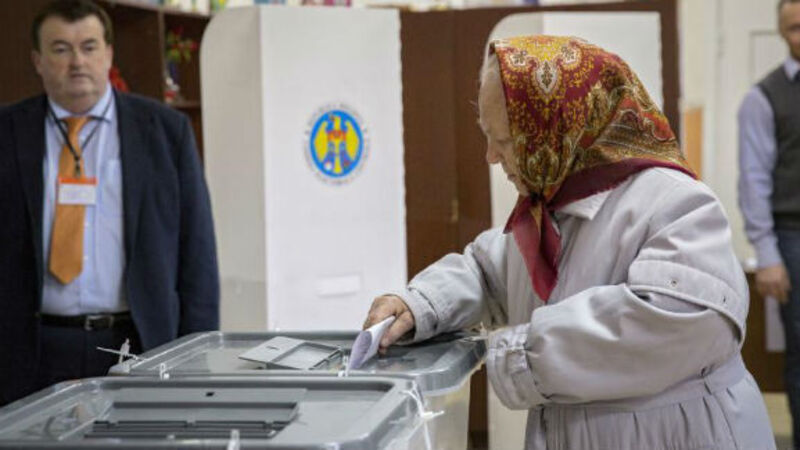Polls close in Moldovan elections

Moldovans have voted in a presidential election that could move the former Soviet republic closer to Europe.
It is the first time in 20 years that citizens have directly voted for their president in a country where many are angry about high-level corruption.














